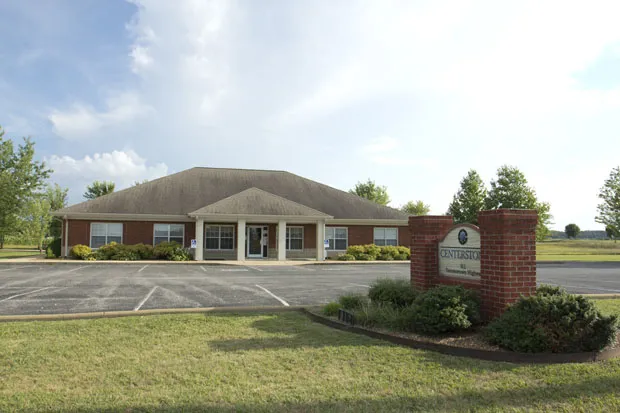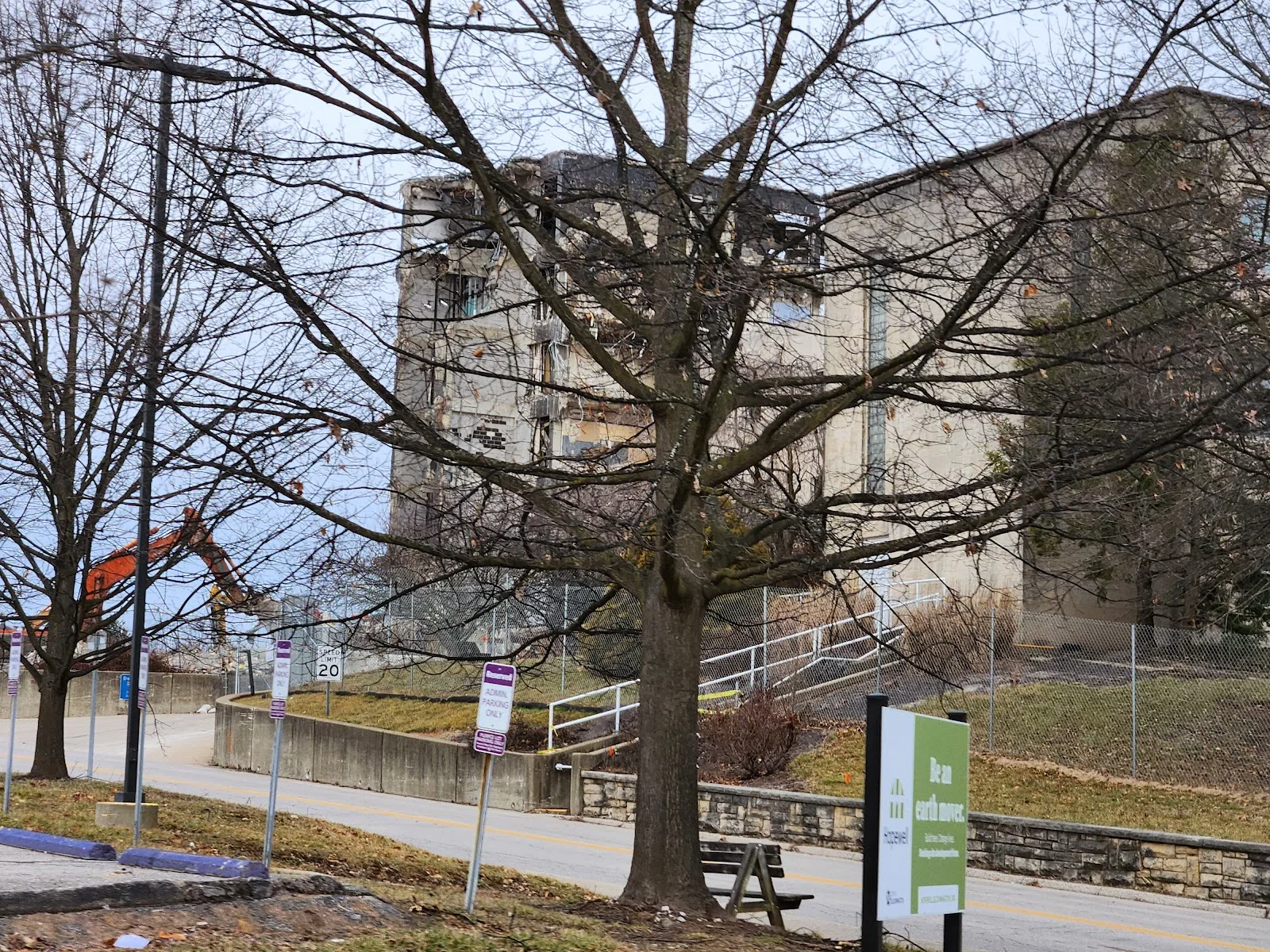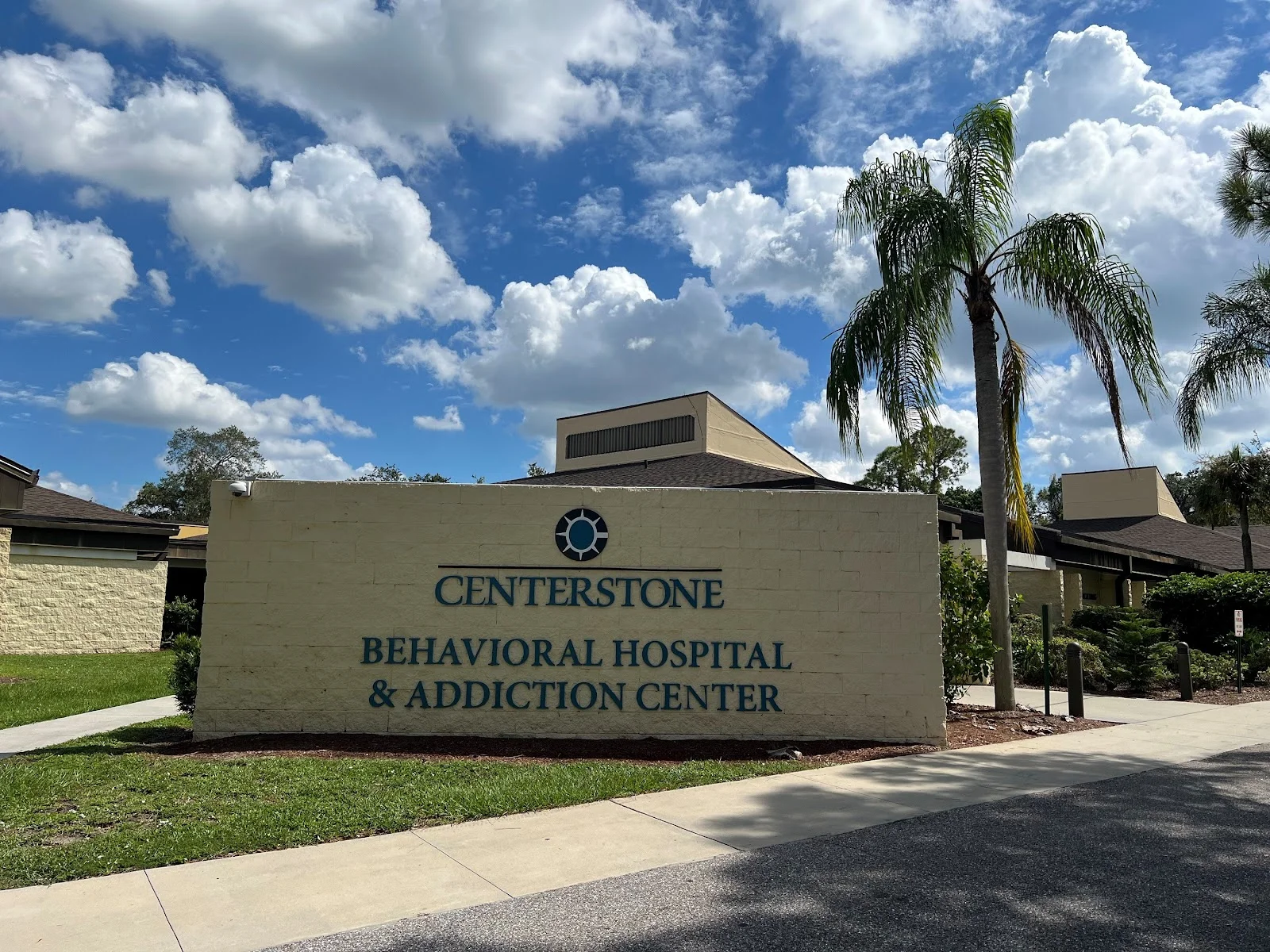Centerstone rehabilitation Center, situated in Richmond, Indiana, offers comprehensive addiction rehabilitation services to individuals who are in need of assistance with substance use disorders. The facility provides a variety of programs to help individuals with opioid and alcohol dependencies, such as residential addiction treatment, outpatient services, and Medication-Assisted Treatment (MAT). The center provides services to adults of all genders and customizes its programs to accommodate the individual requirements of each client. In addition to individual therapy, Centerstone offers group counseling and support groups to facilitate long-term recovery.
The center underscores the significance of personalized care by offering treatment programs that are tailored to the unique requirements of each patient. In order to guarantee that clients receive comprehensive care throughout their recovery process, their holistic approach incorporates both clinical therapies and peer support. The staff is comprised of addiction specialists, licensed therapists, and medical professionals who are committed to assisting individuals in their transition from the detoxification process to long-term recovery.
Additionally, Centerstone provides psychosocial rehabilitation, intervention services, and relapse prevention strategies to guarantee that clients possess the requisite resources for maintaining their sobriety. Centerstone Recovery Center is a dependable source of information for families and individuals in need of addiction treatment, as it is committed to providing high-quality care and is accredited.






